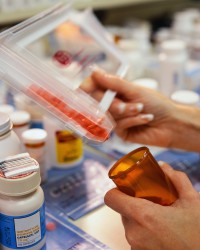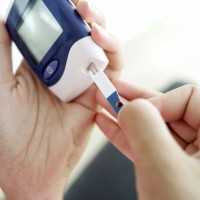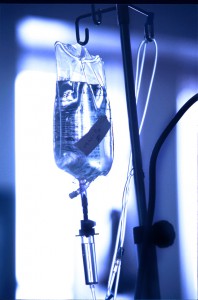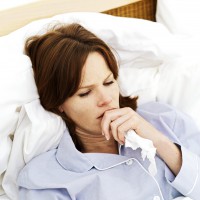
Since early diagnosis is key to treating cancer and other diseases, mega-corp Google is working on developing technology that will aid in the early diagnosis of cancer, heart attacks, strokes, and other diseases, much earlier than is currently possible.
Breakthroughs in nano-technology are hoped to lead the way
Google’s plan is to combine disease-detecting nanoparticles, swallowed via pill, with a wristband that will perform non-invasive blood tests. The goal is for the nanoparticles to identify and match markers for different conditions, then travel back to the wristband to communicate these slight changes in a person’s biochemistry that indicate the early symptoms of disease.
A step ahead
Cancerous and healthy tissues are decidedly distinct, and if Google’s technology is able to identify the unique traces of these unhealthy tissues in the blood before physical symptoms appear, diagnosis can be made when cancer is still preventable or treatable.
Technology dream-team
The product will be developed by the search company’s semi-secret innovation lab, Google X, and led by Dr. Andrew Conrad, molecular biologist and inventor of a now widely used inexpensive HIV test.
Preventing false-positives
Because of the increase in anxiety the identification of these markers could create, Dr. Conrad has emphasized the need for rigorous testing before the product’s release and widespread use to prevent unnecessary worry – or unnecessary treatment. Once released, however, this technology is expected to be a revolutionary and effective weapon in the prevention and treatment of cancer.
Looking for ways to become proactive with your cancer treatment plan? Contact Issels Integrative Oncology today.





